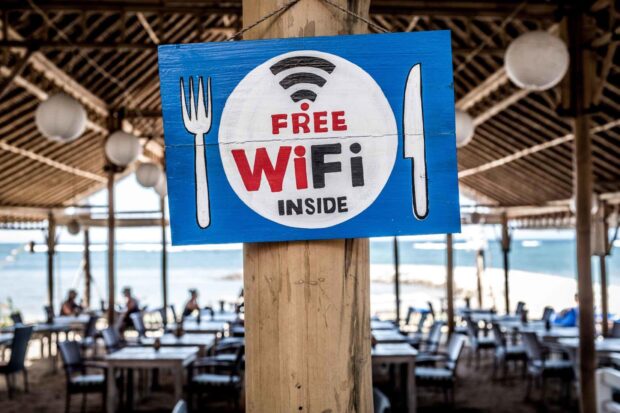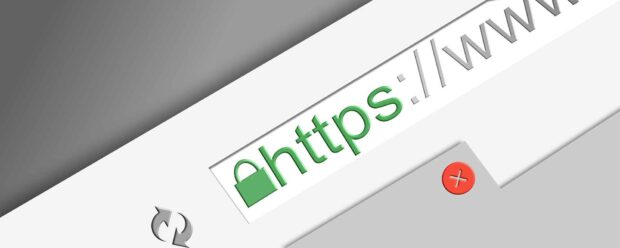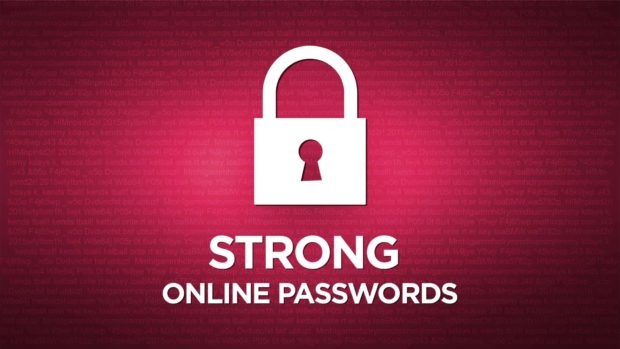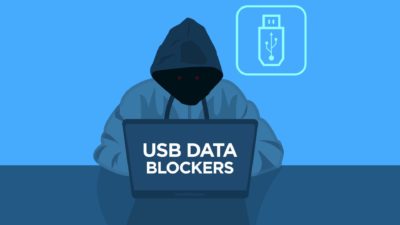With all of the risk posed by using the public Wi-Fi these days, it pays to be protected. These dangers can cause irreversible damage to your online reputation and even to your finances when not handled properly. Internet security experts suggest several effective ways on how you can defend yourself from the security threats of public WiFi hacking attacks.
Practice Security Awareness
Cliche as it may sound, but awareness tops the list. People must be aware that public Wi-Fi networks are not secure. Users must be cautious in their browsing habits and think before connecting to any kind of Wi-Fi network in public. No user or device is safe.
Verify Wi-Fi Networks

It’s better to suspect than trust too much. Check Wi-Fi networks properly. Not all of them are legitimate, especially if they are widely available for public use. There is nothing wrong with questioning the Wi-Fi legitimacy as long as it ensures your security. Make sure that you do not connect to any unrecognized wireless network and conduct proper verification beforehand.
Cybercriminals can set up fake hotspots that can trick users into connecting to them. Hackers can copy the exact WiFi network name of, let’s say, a coffee shop Wi-Fi and easily phish users. It is best to check with the employee of the coffee shop and ask about the proper Wi-Fi network name, username, and password.
Use Login Security Tools
True enough, you should always think before you connect to any public Wi-Fi network. Make sure that your sharing settings are turned off at all times to restrict any unwanted external access. Don’t forget about security verification systems like the two-factor authentication codes. Use them for your logins in all of your personal and business accounts.
Always make sure that your computer’s firewall is always turned on. Use an effective and trusted firewall that can prevent any kind of security or network breach.
Restrict Automated Connections
You should also make sure that your Wi-Fi is not automatically connected in public so that you will not be put at any risk. Turning off your Wi-Fi when not in use is a good safety measure to protect your online privacy. Do not save Wi-Fi networks on your phone. Choose the Forget Network option when setting up your device’s Wi-Fi to stop automatic Wi-Fi connections when in public.
Ensure Safe Website URLs

Website URLs do matter and choosing the correct ones can help protect your data. Always use websites with the HTTPS prefix in the browser address bar. HTTPS, or HyperText Transfer Protocol Secure, is a security protocol that ensures data sharing between the site and your browser is encrypted.
Store Passwords Safely

There are various password managers or storage services that can be used to ensure your password security. They serve as your online vault that will lock in your passwords to provide secure browsing. You should also try to generate passwords that are difficult to decipher to increase data protection.
Use Secure Internet Browsers
Your internet browser matters. Experts suggest that you should only use browsers that have built-in safety features. Some of the best you can use are Brave, Google Chrome, Safari, and Firefox. These browsers not only make using the Internet faster, but also help detect security threats.
Please avoid using Microsoft Internet Explorer at all costs.
Use Safe Download Software
With free internet, you can download almost any kind of file, especially if the network provides unlimited bandwidth and data. However, it must always be a priority to use sources that are safe and reputable enough when downloading. Some unsecured sources can inject malware into their files and affect your device in no time. Not only that, but your personal data can also be hijacked through this.
Use A Highly Trusted VPN
VPNs can provide users with a highly secure public browsing service and protect online privacy. Virtual Private Networks (VPN) can encrypt the free internet and shield your computer or mobile device with a cloak of privacy.
Through a VPN, you can access public networks without having to leave your personal data open for public access. The VPN will provide you with a separate and private online identity that allows you to hide your IP and set your country to a different location than where you are actually from. But be sure to choose a VPN service that is reliable and trustworthy.
Protecting Your Data Over WiFi Networks
These are some of the best techniques that users must follow to ensure safe web browsing. Protecting one’s data is a must, especially when it is a known fact that free internet browsing can pose threats that can put users at great security risks. It is always better to be safe than sorry in the internet jungle.
Images via xusenru, JavadR, designwebjae, and xusenru again.

Frank Wilson is a retired teacher with over 30 years of combined experience in the education, small business technology, and real estate business. He now blogs as a hobby and spends most days tinkering with old computers. Wilson is passionate about tech, enjoys fishing, and loves drinking beer.























 GoPro Falls Into Pit Of Rattlesnakes – Watch The Owner Bravely Recover It
GoPro Falls Into Pit Of Rattlesnakes – Watch The Owner Bravely Recover It
Leave a Reply